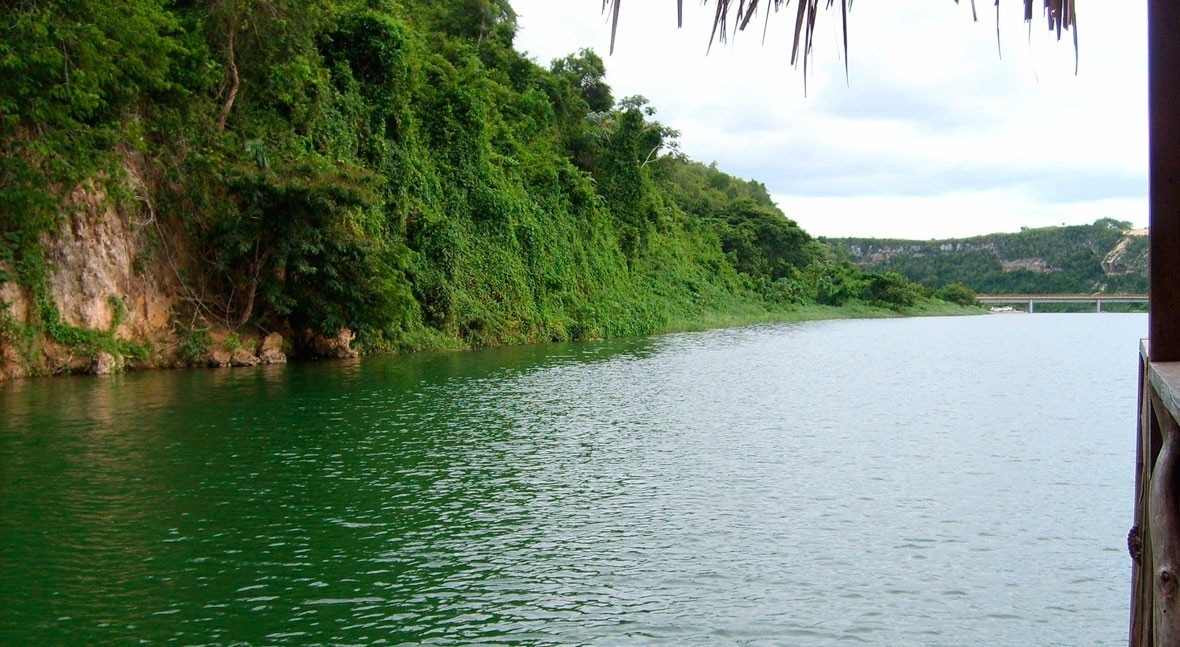Water performs different roles. On one hand, it meets a basic human need and is essential for the quality of life of the population. It is also crucial to produce food and to ensure the sustainability and maintenance of ecosystem services and functions. Water is also considered an essential element for economic and social development; it contributes in several different ways to achieving development goals at the national, regional and local level (2030 Agenda and Sustainable Development Goals). In a broader 'water' context, it also has a role in the symbolism, religiousness and spiritual connections of traditional peoples.
Currently, available indicators present a concerning situation. It is widely recognised that 'the efforts of Latin American and Caribbean countries to achieve the Millennium Development Goals (MDGs) involved not just increased financial investments, but also important work to build, strengthen and improve institutions to promote efficiency in the provision of services. Given that the time period to work towards achieving the MDGs was a period of very favourable macroeconomic conditions in the region, which for the first time in decades was experiencing a boom in the international prices of exports (agricultural and mining products), the new SDGs will require double the effort to strengthen and refine institutions, and more financial resources will be needed, because the goals are ambitious' (CEPAL).
Several places in Latin America and the Caribbean are suffering the consequences of a phenomenon that previous generations never experienced: 'the effects of climate variability or climate changes' that cause extreme hydrometerological events, among them 'water scarcity'.
We need radical changes in the practices and attitudes related to the management and development of water resources
To address this crisis, we need radical changes in the practices and attitudes related to the management and development of water resources. As well, we need to include creativity and develop a new water culture that considers ethics, solidarity and diplomacy around water issues, not only among users, but also, and more importantly, among key opinion leaders and policy makers in governments and international fora.
The ethics of water resource management is an important component, although frequently ignored by regulations. A significant ethical issue at all levels, from a local community to the global scale, is equity in water access and use. The distribution of rights and responsibilities, like the issues and their respective solutions, is not easy to see. However, it is essential to pay attention to this.
Everybody has an impact on the environment through their daily actions. Mitigating the consequences of such actions depends on the success of policies that originate in individual decisions, on local communities and companies, and on the rules and regulations implemented by the State; ethical values, and associated actions and behaviours are the basis of society. These values have to come from the base, bottom-up, a well-known procedure in the implementation of water resource projects in developing countries. Participation is essential and indispensable when decisions are made, because they interfere with people's interests and determine the future.




